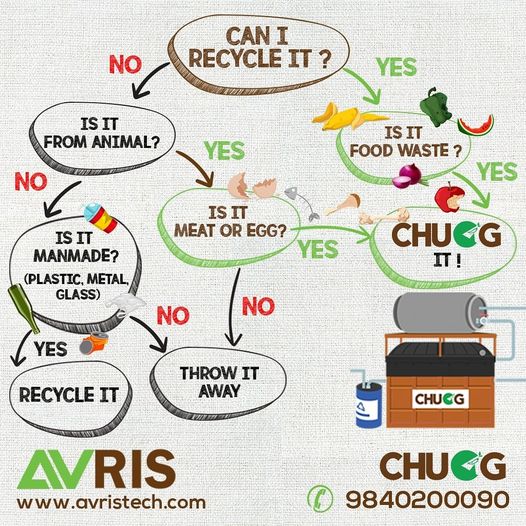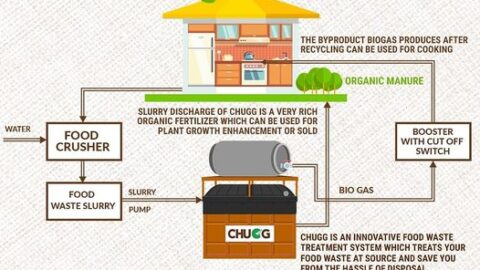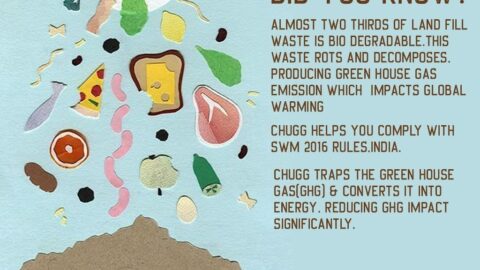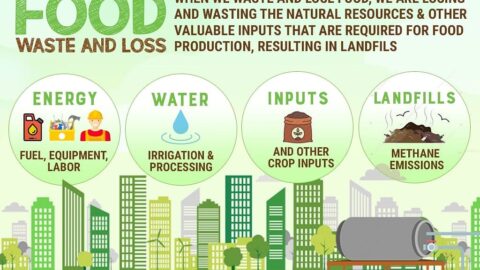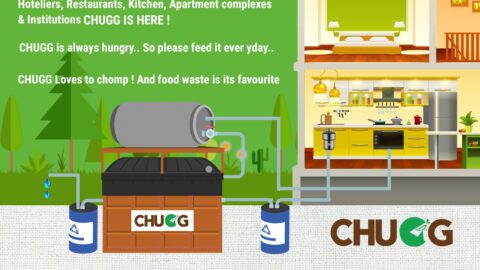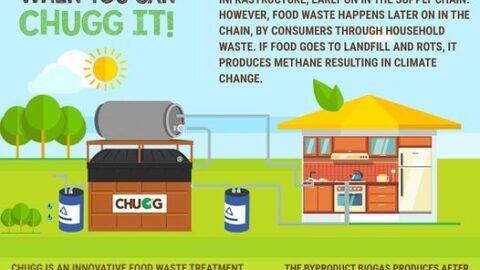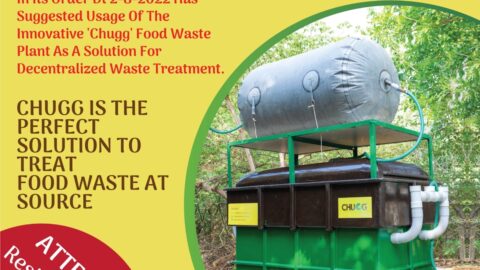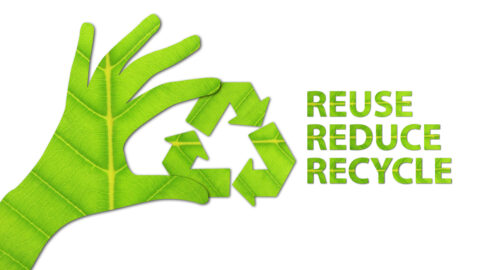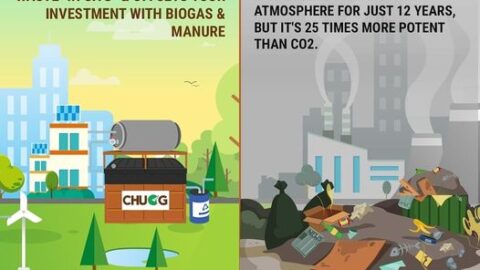Organic waste materials are obtained from living organisms such as plants or animals. They are usually found in municipal, agricultural, industrial, and wastewaters. Some organic waste matters are suitable for composting while others are suitable for producing Biogas through the process of recycling. About 44% of organic waste is composed of food wastage. Food waste management in India and other developing countries is a major dilemma. Food waste when diverted to landfill generate unpleasant odor, attract pests moreover, it releases methane into the air.
Try not to stress, we have an answer. With an appropriate food waste treatment system you can handle the effects brought about by organic waste matter.
What are organic waste matters?
Organic wastes are generated from living organisms like plants or animals that are later broken down into simpler organic molecules. Organic wastes generally exist in a solid or semi-solid state which contains 80-85% of moisture content. The primary patrons of organic waste are agriculture, household, and industrial products. Organic waste is also called green waste which includes food waste, garden or lawn clippings, degradable carbon such as paper, cardboard, timber, etc.
What goes into your organic bin?
The rule is if the waste was once a living organism then it can go into the brown bin. The organic and food waste should be tossed in a brown bin. For example, fruit or vegetable peelings and unwanted leftovers were once a living thing, the paper was also once a living tree is organic wastes too which should be tossed into the brown bin.
- Cooked, and raw food: dairy products, fruits and vegetables, meat, egg, citrus fruits, peelings, and unwanted leftovers.
- Napkins, paper plates, degradable cardboard paper, food wrappings, paper bags.
- Grass cuttings, Grass clippings, weeds, twigs, sleds, etc.
- Teabags, Tealeaves, coffee grinds, Coffee filter,
For hygienic disposal, wrap the fruit and vegetable leftover in paper before tossing them into the brown bin. This way you can prevent fruit flies.
Purpose of organic waste recycling
Organic waste recycling is a process where organic waste matters are recycled to useful matters such as fertilizer, renewable energy, etc. through different recycling methods. Totally 44% of organic waste matter is food waste generated naturally or artificially. When this generated food waste is dumped in landfills it undergoes anaerobic decomposition and produces Methane. When Methane- a greenhouse gas is released into the atmosphere it damages our environment as it is 20 times more potent than carbon dioxide. Organic recycling saves our environment from Greenhouse gas emissions in turn conserving natural resources.
Various Methods of Organic waste Recycling
- Anaerobic digestion
The word anaerobic is referred to “absence of oxygen”. Anaerobic digestion is a process by which organic waste matter such as plant, or animal waste is broken down in a sealed oxygen-free tank to produce two valuable outputs Biogas, and organic fertilizer. CHUGG- food waste treatment system in India is proved to be a cost-effective technology due to the negative impacts of dumping organic waste in landfills. Biogas is renewable energy comprising of Methane, carbon dioxide, traces of hydrogen sulfide, and hydrogen which are responsible for Greenhouse gas emission. This energy can be used to produce heat/electricity. The digestate left after the anaerobic process is called bio-slurry. This semi-solid residual is a rich nutrient for plants.
2. Composting
Composting is a natural process of decomposition of organic waste matter in the presence of oxygen under controlled conditions of moisture and biological heat production. You can compost the kitchen waste, garden wastes, or any organic waste except meat which will be acted on by soil organisms resulting in the recycling of nitrogen, phosphorous, potassium, and other soil-nutrients into humus-rich components. Even though you can compost all organic wastes, some organic waste like wood chips, or paper takes time to decompose. Moisture is essential for the process to happen, if the pile is too dry material will decompose very slowly. For farmers, compost is considered ‘black gold’ because of its many benefits to the garden. At home, you can make use of a compost bin in which you can compost simple kitchen scraps and garden waste. The major issue of composting is it takes time when compared to food waste treatment systems.
3. Animal Feed
The most widely recognized and proficient method of recycling organic waste is by giving rural and food waste to cattle and other animals as food. It is a straightforward and simple technique for waste recycling. Individuals can reach a few farmers and give their kitchen wastes so the animals can take them up. The immediate feeding of organic waste to animals may bring about some medical problems in cattle. Hence, various nations like the US have made guidelines on the degree of food and sort of food given to the animals. Recycling of food through animal feed has numerous points of interest like diminished tension on landfills, decreased methane creations from products of the soil, and the absence of the need to change over natural waste into some different structures. This additionally helps the farmers as they don’t need to purchase additional animal feed and in the end, helps the economy.
Composting and Biogas possibly two unique cycles that tackle the power of organic waste matter. Biogas gives prompt resultant though compost takes a more extended time. Regardless of the resultant yield is combustible or manure segregating food waste from the trash can save the environment from Greenhouse gas emissions.
Click here, to know about the impacts of food waste on our environment

